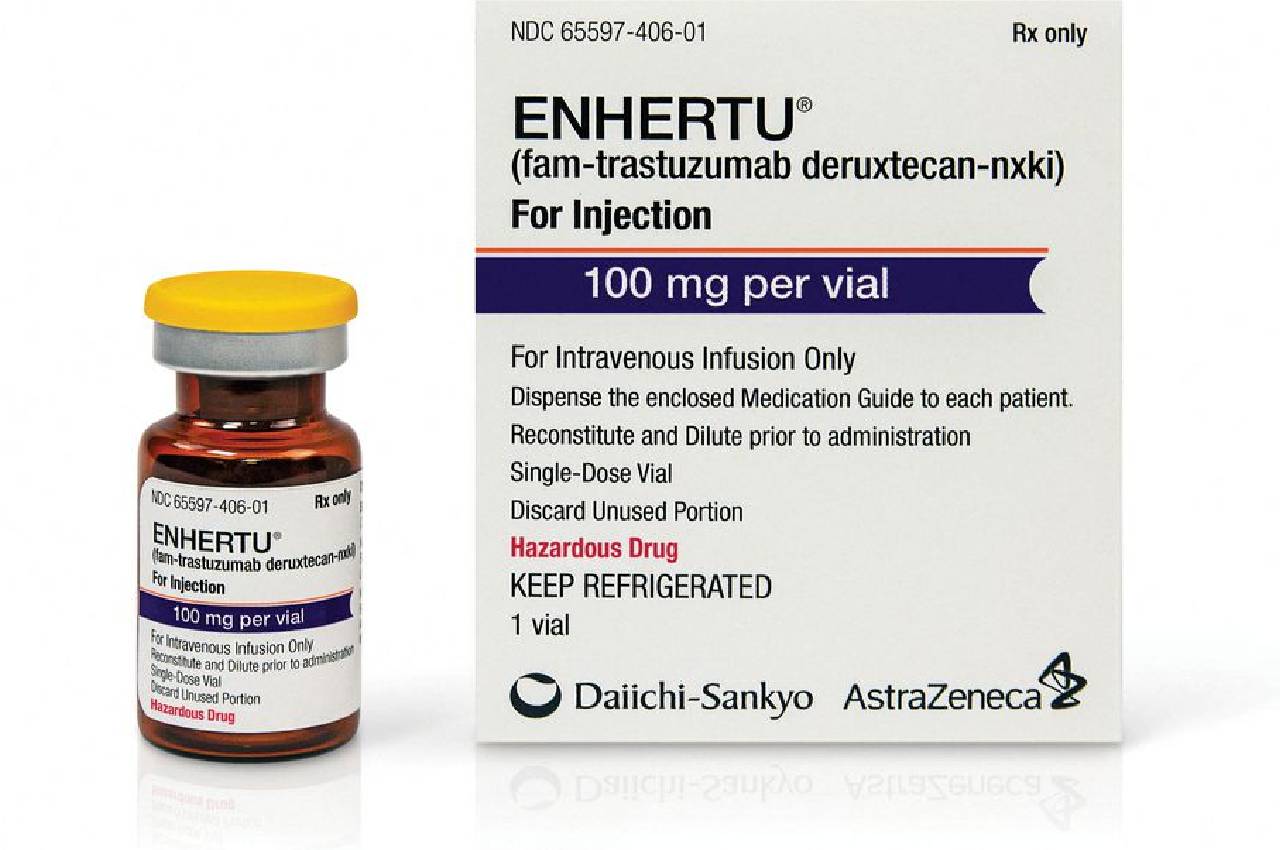New Delhi: According to AstraZeneca (AZN.L), a late-stage experiment, has validated the efficacy of the breast cancer medication Enhertu. The results were recorded in patients with an advanced form of the illness which was previously treated with another therapy.
AstraZeneca and Daiichi Sankyo’s Enhertu (trastuzumab deruxtecan) has been approved in the US for the treatment of adult patients with unresectable or metastatic HER2-positive breast cancer. Those who have received a prior anti-HER2-based regimen either in the metastatic setting, or in the neoadjuvant or adjuvant setting and have developed disease recurrence during or within six months of completing therapy.
Enhertu is a specifically engineered HER2-directed antibody drug conjugate (ADC) being jointly developed and commercialized by AstraZeneca and Daiichi Sankyo.
Trial on 600 patients
Enhertu, developed with Japan’s Daiichi Sankyo (4568.T), was compared against a treatment selected by doctors in a 600-patient trial with the code name DESTINY-Breast02 for patients with HER2-positive metastatic breast cancer.
According to AstraZeneca, the DESTINY-Breast01 mid-stage trial, which served as the foundation for the original approvals in Europe and numerous other nations, investigated a similar patient cohort of women with breast cancer.
Claims increase in overall survival
Enhertu achieved the primary objective of statistically significant and clinically significant increase in progression-free survival. It is a metric of how long a person can survive without their disease getting worse as per the DESTINY-Breast02 research. As a crucial secondary goal, the medication also increased overall survival.













